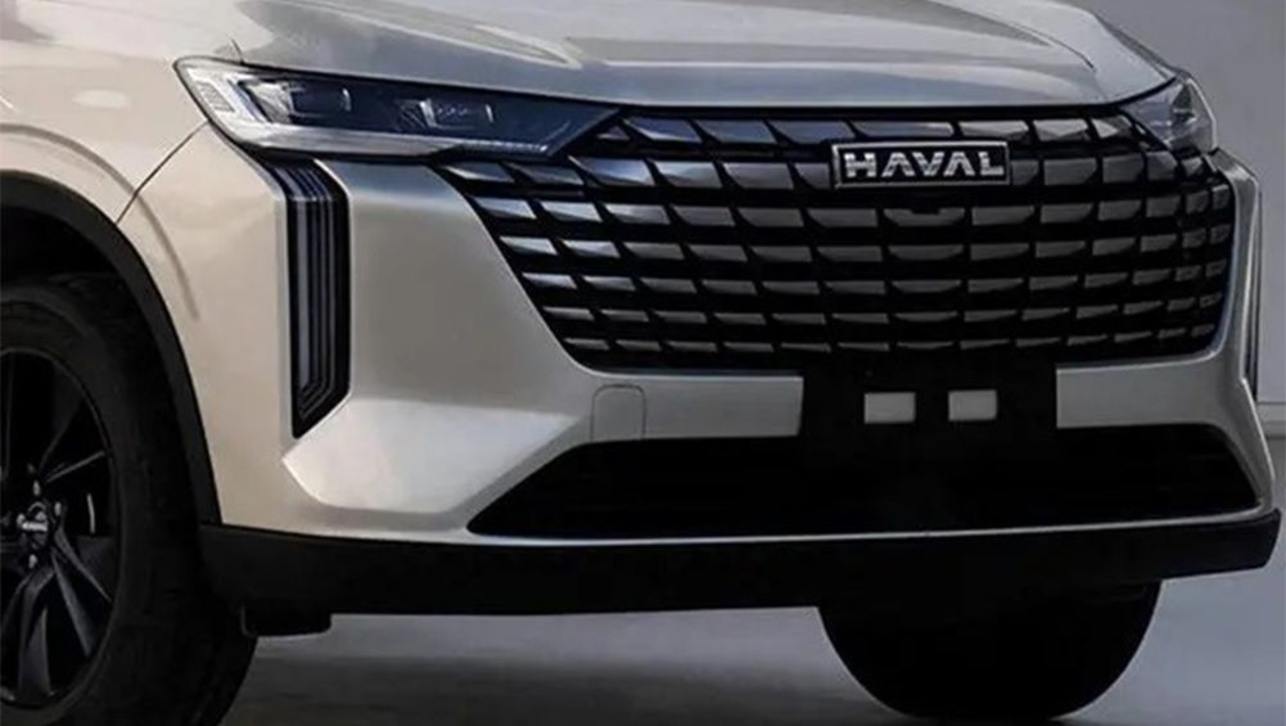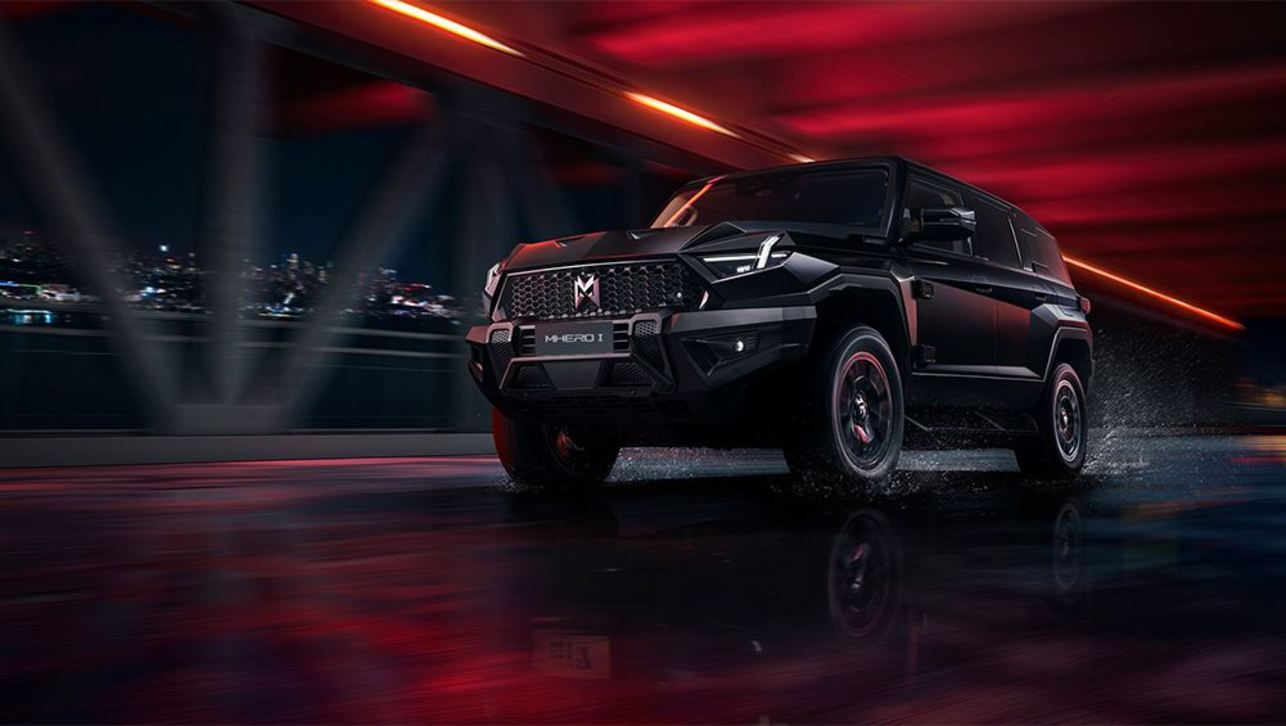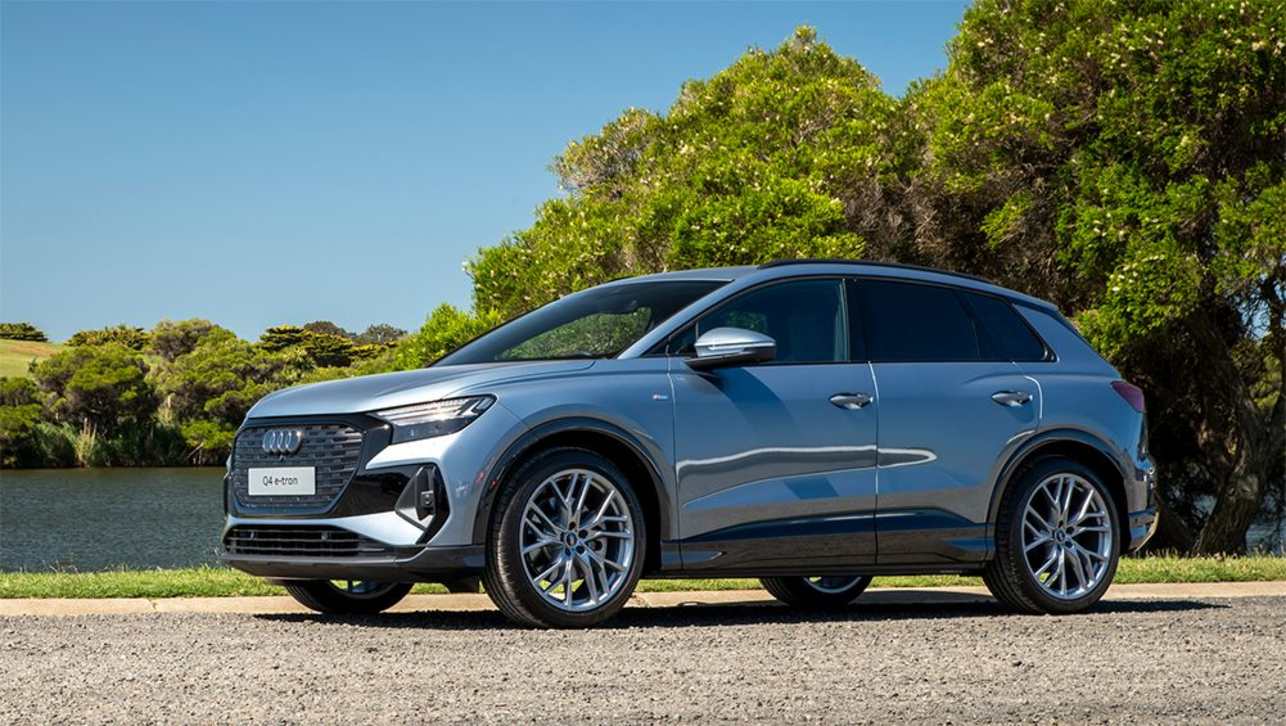Speaking to Australian media, Audi’s tech representatives have touted the charging time of their upcoming e-tron as a real point of difference for the all-electric SUV.
The e-tron will ship with a 95kWh battery, good for a claimed 446km of range, but it’s a stable DC charging system capable of a consistent 150kW that the brand touts as a real point of difference to competitors.
It says it was able to achieve this through development of a sophisticated cooling system that gives the SUV a “unique charge curve” allowing it to charge from five-100 per cent in just 45 minutes. Faster than the equivalent charge time of the Mercedes-Benz EQC (1hr 22 minutes) despite its smaller 80kWh battery.
The trouble – as always for the established players in the EV scene – is Tesla. Elon Musk’s EV brand claims its latest chargers dubbed “V3 Superchargers” will be capable of charging its cars at up to 250kW for 120km of range in just five minutes, or an hourly charge rate of 1440km. This is claimed to “cut charging time in half”, which for the Model S and X off of current fast-charging infrastructure is between one and 1.5 hours.
.png)
CarsGuide has approached Tesla Australia for comment on the status of these chargers and which vehicles they will be applicable to, as well as the minimum charging time for a 100kWh Model X on the system.
Apart from the Tesla issue, things might look good for the e-tron when stacked up against its age-old rivals, but the incoming Porsche Taycan is set to change the game again with an 800-volt battery (all current rivals including the e-tron are 400-volt) with a peak charging speed of 270kW.
Porsche says the Taycan will achieve a five–80 per cent charge of its 92.5kWh battery in just 22.5 minutes at this speed, but the catch is that it will require a special 800-volt charging device to do so.
It’s worth noting that that maximum DC charge time is dependent on the charger generally, and only a handful in Australia are capable of more than 50kW.
In practical terms then, this makes the announcement of an optional 22kW on-board AC charger for the e-tron much more interesting.
_0.jpg)
AC charging stations are more widespread than DC ones in Australia, and are often capable of charging up to 22kW.
Hyundai’s Kona EV and Ioniq, as well as Mercedes-Benz’ EQC are only capable of charging at 7.2kW, the Jaguar I-Pace can only charge at 7kW, the Nissan Leaf 6.6kW, while Tesla’s Model S and X were previously fitted with the fastest AC chargers at 16.5kW.
This would make the e-tron’s standard 11kW onboard charger the second fastest already, but with 22kW it is by far the fastest on-board charger of all EVs in Australia. Given the proliferation of third party chargers compatible with this speed, and European-standard Type2 charging ports, we’d say this is the more useful of the two charging methods.
Time will tell if the e-tron can live up to its promises, with local pricing and spec to be announced in the coming days.



.jpg)
.jpg)



.jpg)
.jpg)
.jpg)

.jpg)
.jpg)

.jpg)
.jpg)

.jpg)
.jpg)
.jpg)
.jpg)
.jpg)

.jpg)





Comments